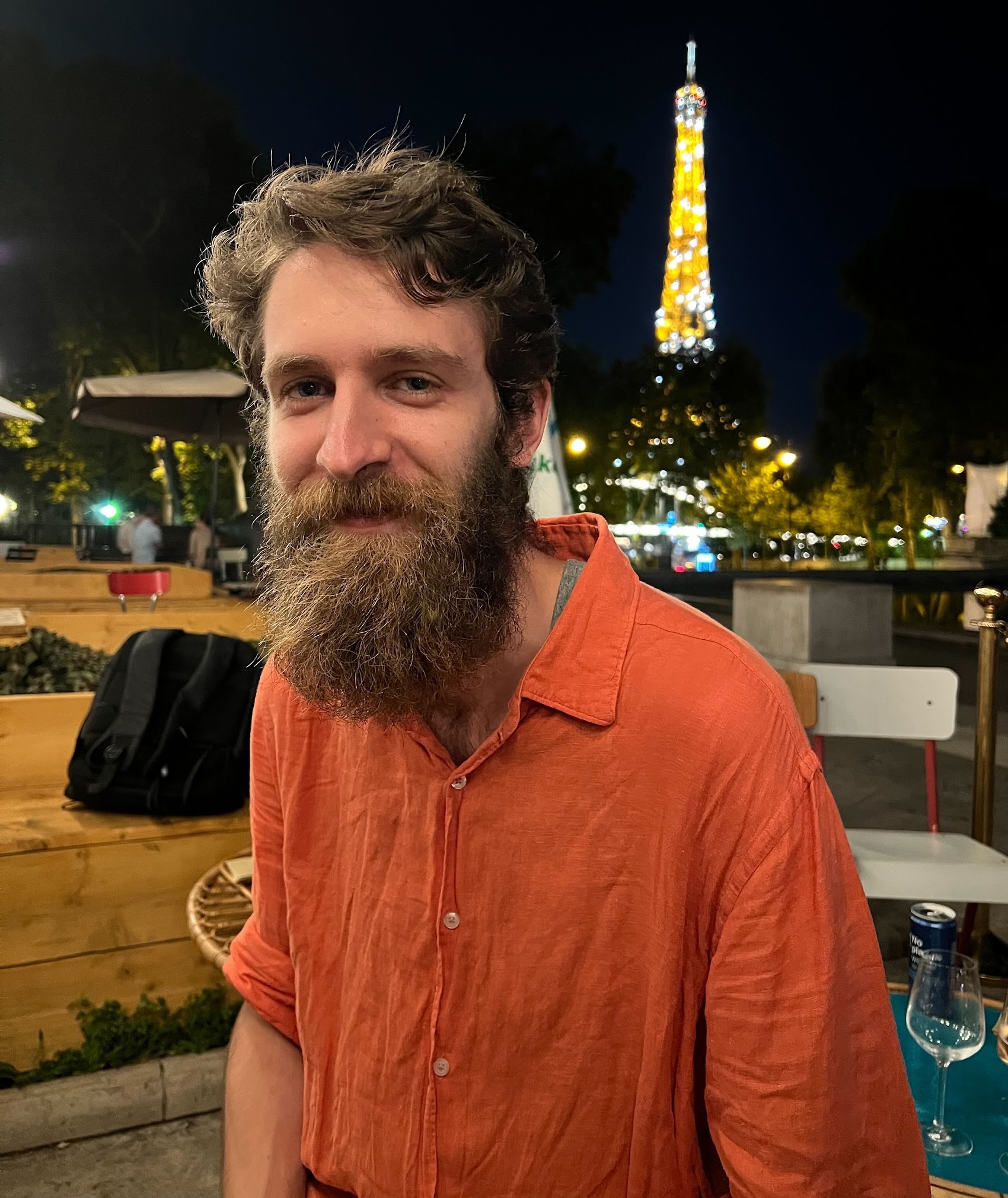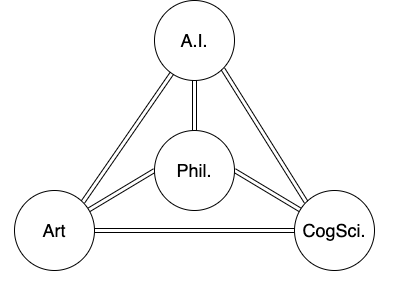~whoami: as engineer and leader
At my day job, I’m a generalist – navigating uncertainty and complexity to improve decision-making at scale. I really believe in the idea of “skin in the game”

- Responsible for AI strategy, decision science, generative AI governance, and systems design. Enabling teams to be more effective and efficient
- Historically had many hats – statistics, ML and data engineering, AI product management, developing data apps, teaching / mentoring
- Critical applications along the value chain:
- demand forecasting and inventory optimization systems
- recommender systems and NLP/LLMs for try-at-home businesses
- marketing, acquisition, CRO experiment design, pricing, CRM
~whoami: as teacher and researcher
As a teacher, I aspire to contribute to the understanding of AI’s complex landscape; how to navigate it, develop valuable skills, and become more effective at problem-solving.

Think of me as a maven (yid: meyvn), i.e. someone experienced, who has been there before and will help you find a good path.
- Graduate of Cybernetics (BSc) and Quantitative Economics (MSc)
- Thesis & Dissertation on Bayesian Microeconometrics
- Research in Probabilistic Methods for Time Series
- Started in Systems’ Dynamics and Economic Complexity
- Speaking at conferences, meetups, and panels since 2018:
- BDW, DevFest, Google Cloud, CNCF, Romanian AI Days, DigitalShift
- Teaching at ASE’s business analytics masters since 2021
~whoami: as a person
As a person, I aspire to a life of wisdom and meaning, towards the good, true, and beautiful. Learning how to be present and deeply understanding reality.
- Cultivating wisdom – commitment to philosophy as a way of life
- Painting as a craft, creative expression, and therapy. Learning about art history and art appreciation in multiple media (music, film, painting)
- Reading about cognitive science, evolution, history, and economics
- Hiking, hipster coffee, 14 years of pro-ish chess
How does it fit together?

On another note, my interests in AI, art, cognitive science, and philosophy have an aspect of science, craft, worldview, and deep participation, engagement. Moreover, they are deeply interconnected and I would even say, synoptically integrated. It is important to me that these conceptual frames fit into a coherent whole and contribute in a practical way towards a good life.
I can’t emphasise enough the importance of different levels of “knowing”: propositional, procedural, perspectival, and participatory – as it is not enough to know the facts (or have beliefs), but to know how to do something, to have a perspective of the “world” and a sense of participation in whatever you’re engaged in.
I mean that we’re agents in different arenas of life and the sense of meaning comes from an attunement to those arenas. We participate in a course of something, which has impact on the environment, which changes us and how we view and relate to the world, self and others.
Unsurprisingly, there will be lots of painting metaphors when it comes to simplicity, and cognitive science references when talking about ways in which we’re biased and foolish. Chess, of course, inspires analogies of competition, strategy, and tactics to its service.